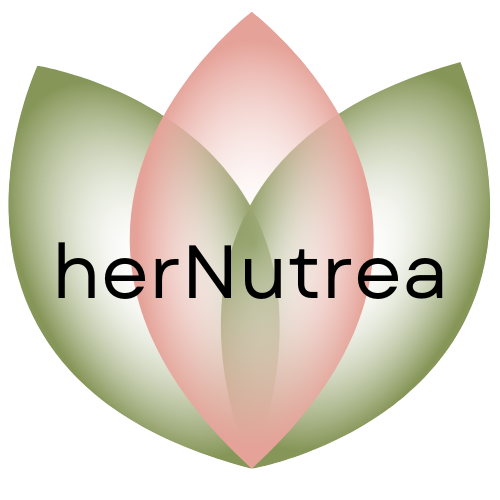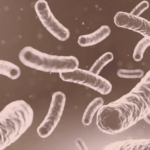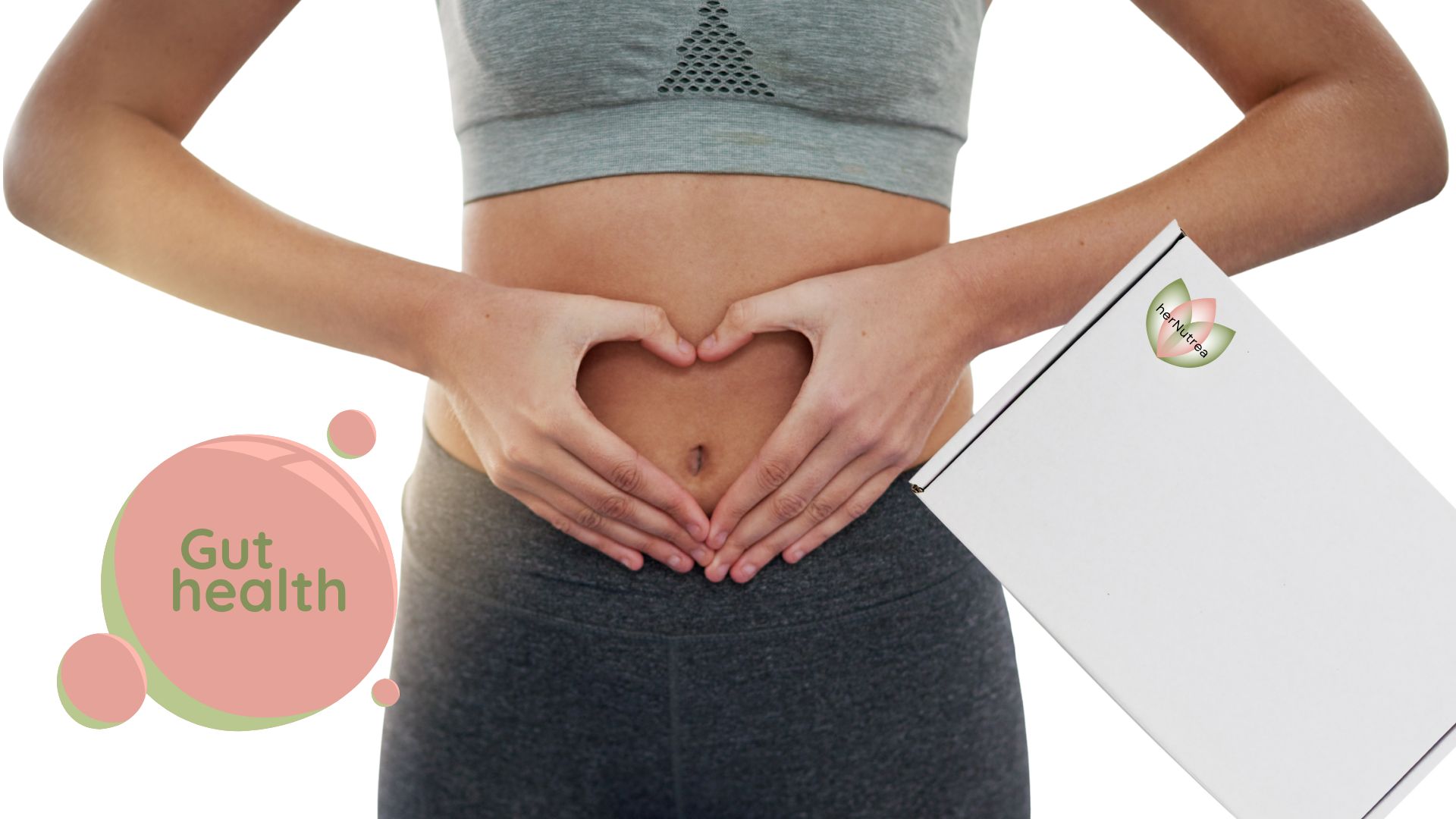A healthy gut barrier during menopause is increasingly recognized as a foundation of overall health, especially for women navigating this significant life transition. This intricate lining, often discussed in the context of "leaky gut," plays a vital role in protecting the body from unwanted substances while allowing the absorption of essential nutrients. As research continues …
A healthy gut barrier during menopause is increasingly recognized as a foundation of overall health, especially for women navigating this significant life transition. This intricate lining, often discussed in the context of “leaky gut,” plays a vital role in protecting the body from unwanted substances while allowing the absorption of essential nutrients. As research continues to uncover the connections between gut health, hormones, and well-being, understanding how to support a healthy gut barrier during menopause becomes especially relevant. For more comprehensive guidance on menopause nutrition, explore our evidence-based eating strategies.
The Gut Barrier: What It Is and Why It Matters
The gut barrier is a dynamic, selectively permeable layer made up of tightly joined cells, mucus, immune components, and a diverse community of beneficial bacteria. When functioning optimally, it acts as a gatekeeper, allowing nutrients to pass through while keeping out potentially harmful substances. Disruption of this barrier, sometimes referred to as “leaky gut,” can lead to increased intestinal permeability, which may trigger inflammation or immune responses.
Menopause and the Gut: A Two-Way Street
Menopause brings about significant hormonal changes, most notably a decline in estrogen, which can influence the composition and function of the gut microbiota. Recent studies show that after menopause, the diversity of gut bacteria often decreases, and the balance between beneficial and less desirable microbes can shift. This microbial imbalance is linked to a range of symptoms and health risks, including inflammation, metabolic changes, and even cognitive shifts.
What’s particularly fascinating is the two-way relationship between hormones and the gut. The gut microbiota not only responds to hormonal changes but also plays a role in regulating estrogen levels. Certain gut bacteria produce enzymes that help recycle estrogen in the body, influencing everything from bone health to mood and metabolism. This means that nurturing your gut health during menopause can have far-reaching effects on your overall well-being.
Evidence-Based Strategies for a Healthy Gut Barrier During Menopause
1. Prioritize Dietary Fiber
A diet rich in fibre is fundamental for gut barrier health. Fibre serves as fuel for beneficial gut bacteria, which ferment these carbohydrates to produce short-chain fatty acids (SCFAs) like butyrate. SCFAs are known to strengthen the connections between gut cells and support the integrity of the barrier. Including a variety of fibre sources, such as whole grains, legumes, fruits, and vegetables, can help maintain a robust gut lining. Explore our high-fiber recipes for delicious meal ideas.
2. Embrace Polyphenol-Rich Foods
Polyphenols are plant compounds found in foods like berries, green tea, and colourful vegetables. These compounds have been linked to reduced risk of intestinal barrier dysfunction. Polyphenols can help modulate inflammation and encourage the growth of beneficial bacteria, further supporting gut health.
3. Ensure Adequate Vitamins and Minerals
Micronutrients such as vitamin D and zinc play important roles in maintaining the structure and function of the gut barrier. While research is ongoing, ensuring sufficient intake of these nutrients through a balanced diet or supplementation (when needed) may contribute to optimal gut health. Learn more about essential nutrients for women’s wellness.
4. Incorporate Probiotics and Prebiotics
Probiotics, live beneficial bacteria, have shown promise in supporting gut barrier function. Certain strains, such as Bifidobacterium adolescentis, Bifidobacterium lactis, and Lactobacillus rhamnosus GG, have been studied for their ability to reduce markers of intestinal permeability and ease menopause-related symptoms like mood swings and bone loss. Prebiotics, on the other hand, are specific fibres that nourish these beneficial bacteria. Including both probiotics (from fermented foods like yogurt, kefir, and sauerkraut) and prebiotics (from foods like garlic, onions, and asparagus) can help maintain a balanced and resilient gut ecosystem.
5. Focus on Lifestyle Balance
A balanced lifestyle that includes regular, moderate physical activity and effective stress management can support gut health. Practices such as mindful movement, restorative sleep, and relaxation techniques may help maintain the integrity of the gut barrier and promote overall well-being.
The Broader Impact: Gut Health, Estrogen, and Beyond
Emerging research highlights that the gut microbiota is a key regulator of women’s estrogen status during menopause. By influencing the recycling and metabolism of estrogen, gut bacteria can affect lipid metabolism, bone health, cognitive function, and even the risk of chronic diseases such as cardiovascular disease and osteoporosis. This underscores the importance of a healthy gut not just for digestion, but for the broader landscape of women’s health during and after menopause.
Practical Tips for Everyday Gut Support
- Aim for at least 30 grams of fibre daily from a variety of plant-based sources.
- Include a rainbow of fruits and vegetables to maximize polyphenol intake.
- Enjoy fermented foods regularly for natural probiotic benefits.
- Choose prebiotic-rich foods like garlic, leeks, and asparagus to nourish your gut bacteria.
- Stay hydrated and prioritize restorative sleep.
- Engage in regular, enjoyable movement, even walking or gentle yoga, can be beneficial.
- Practice stress-reducing activities such as meditation, deep breathing, or spending time in nature.
Looking Ahead
The science of the gut barrier and menopause is rapidly evolving. As we learn more about the intricate connections between hormones, the microbiome, and health, it becomes clear that supporting gut health is a powerful way to enhance quality of life during menopause and beyond. By focusing on a nutrient-rich diet, incorporating probiotics and prebiotics, and maintaining a balanced lifestyle, women can take meaningful steps to nurture their gut and their overall well-being through every stage of life.
Ready to personalize your menopause nutrition journey? Discover personalized nutrition strategies tailored to your unique needs.







